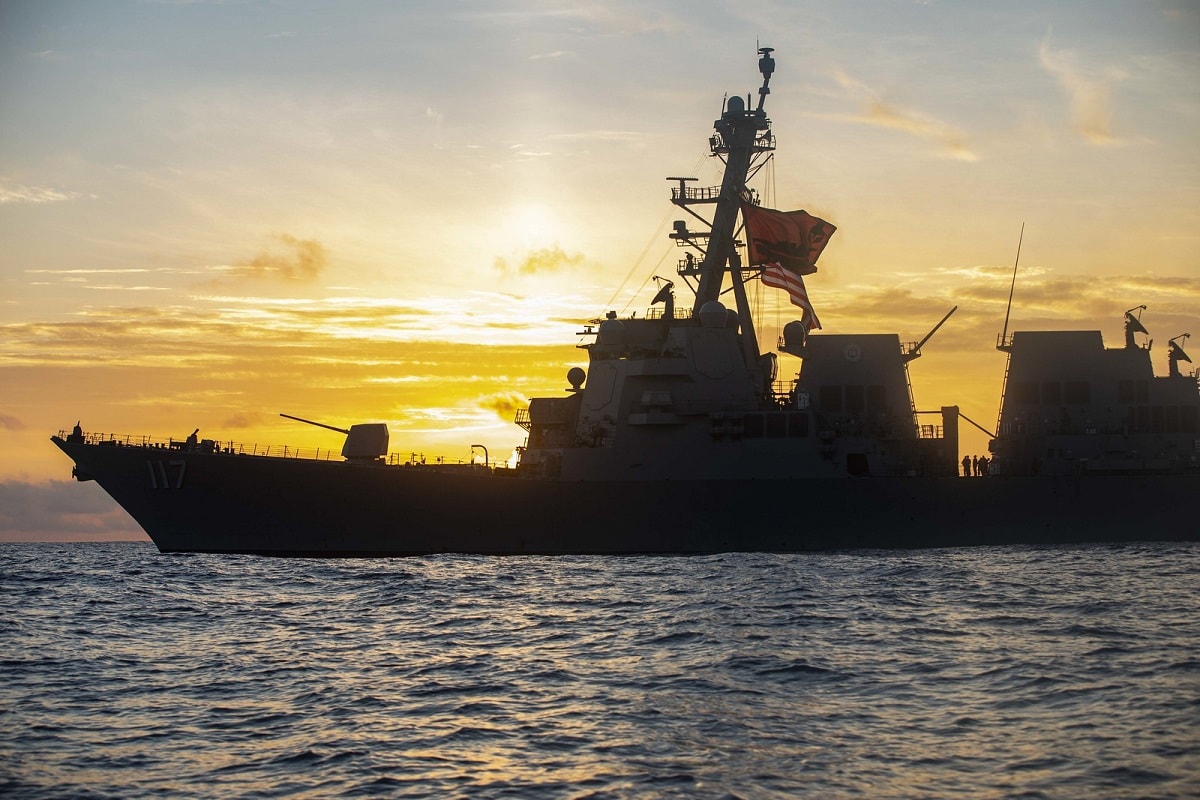The smart money says Carlos Del Toro will become the next Secretary of the Navy. His July 13 job interview with the Senate Armed Services Committee went swimmingly. However, the next chapter may not go so smoothly for the retired Naval officer and businessman.
Assuming he is confirmed, Del Toro will find plenty of challenges awaiting him at the Pentagon. Some of them could fairly be referred to as crises.
By all accounts: Navy morale is low; its strategy for victory is AWOL, and funding is far below what is necessary. Swift and decisive action is needed.
On Day One, Del Toro will have to contend with the perception the Navy has become politicized. The Navy was pulled into culture wars when the Chief of Naval Operations endorsed books embracing Critical Race Theory and then, during a House Armed Services Committee hearing, was unable to articulately explain why he placed them on the service’s professional reading list.
Strong and clear leadership early by Del Toro on this matter can quickly course correct and get the Navy out of this political morass. Other issues may prove more stubborn.
Del Toro will have to address eroding morale and the apparent drift from operational professionalism detailed in “A Report on the Fighting Culture of the United States Navy Surface Fleet.” The key here is taking early actions that demonstrate a commitment to holding senior officers accountable for executing their missions effectively.
To this end, he should make a point of visiting Navy ships and bases across the globe in his first 30 days. “Management by walking about” is a well-known naval leadership style. Making an up-close and personal inspection of the service is critical because the Navy has been without a Secretary for months.
As a former destroyer captain, Del Toro should relish the opportunity to spend a few weeks with the fleet to gauge for himself the state of morale, readiness and professionalism, thereby gaining a direct appreciation of the challenges at the deckplate. This must take precedence over administrative matters which can be delegated.
Ultimately, however, the issue that will define Del Toro’s success is whether he can gain consensus on the size and composition of the future navy fleet and secure the resources needed to build and maintain it. To be clear, no Secretary of the Navy has been able to do this since the end of the Cold War.
While acceptance of the 2016 goal of 355 ships seems to be enduring, it is outdated and inadequate relative to the changing challenge from China and Russia, more so given recent rapid technological advances. With this in mind, Del Toro would be wise to focus on defining the Navy’s role in a quickening Great Power Competition and setting down formally the fleet needed to execute the next National Defense Strategy, which is already being drafted.
Whether Del Toro can succeed in persuading an administration with priorities other than defense and a distracted and conflicted Congress of the need for a strong navy will be the ultimate test of his tenure.
Many other urgent issues will demand action by the new Secretary, but Del Toro’s first priorities must be righting the Department’s morale, sharpening its focus on Job One—warfighting—and setting down a vision for the future fleet needed to maintain a competitive edge against China, Russia and other threatening powers.
Not doing this would likely see the new Secretary’s time and substantial capabilities squandered in bureaucratic turf battles and settling short-term and passing crises best left to the uniformed leadership to resolve.

